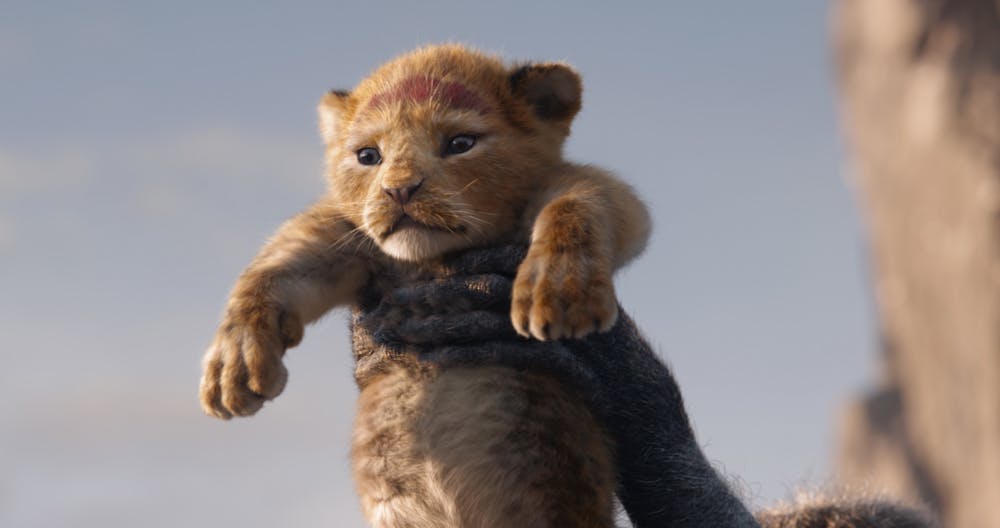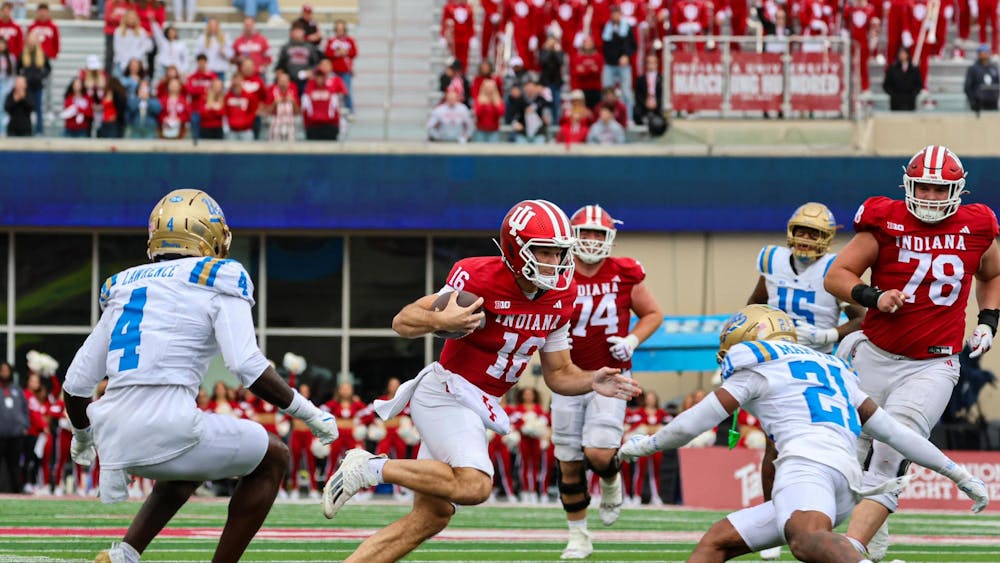Nothing can really top the magic of seeing an amazing film for the first time. The characters are fun and fresh. The twists are exciting and new. And when the credits roll, you know you’ve been changed forever.
But what if you could recapture that particular magic and see the film for the first time again? And again? And again?
That’s what Disney’s trying to do with their recent deluge of live-action remakes and sequels. While it may seem fun to revisit the worlds we loved as children, Disney is using their old properties to prey on nostalgia instead of coming up with original works.
Live-action remakes are nothing new, of course. Films like 2000’s “How the Grinch Stole Christmas” or 2002’s “Scooby-Doo” are live-action recreations based on their respective cartoons. However, they’re nothing compared to the current era of remakes we’re living in.
Disney’s precedent started way back in 1994, with their release of “The Jungle Book,” a remake of the 1967 animated film of the same name. However, the current era began in 2014 with “Maleficent.” Since then, Disney has released 13 other live-action remakes and sequels. The company released five in 2019 alone.
[Related: OPINION: Long live practical effects]
There’s more in the works, as well. At least three films – “Peter Pan & Wendy,” “The Little Mermaid” and “Snow White” – will be released within the coming year. There’s a large handful of others in various stages of development, including a “Moana” remake. “Moana” came out a mere seven years ago, and somehow it already needs to be retold.
So why does Disney insist on recreating their biggest hits? Easy. Money – because of course it’s money. 2019’s “The Lion King” made $1.6 billion at the global box office. Admittedly, it’s debatable if the film even counts as “live-action,” since all the characters are still animated, but it was seen as a more “realistic” version of the original.
In its glory days, Disney was seen as one of the most creative production companies out there. Now, however, a large amount of their output is simply recreations of their own films. Yes, many of these films were retellings of fairy tales and fables that have been around for centuries, but the films put a unique voice and character that has since become iconic.
It’s incredibly sad to see such a powerful company stoop to this level. New ideas are everywhere. It’s not impossible to find them. But somehow, they’re so creatively bankrupt that they can’t possibly take a risk on a new film.
Along with this, a certain philosophy behind these remakes troubles me. These films aren’t just simple remakes – they’re supposed to make the original animated creations more “realistic.” But animation isn’t less realistic – if anything, it can be truer to life than live-action.
[Related: OPINION: What we're watching this week]
Many critics have pointed out a lack of emotion in the remake of “The Lion King.” In an effort to make the sequences more “authentic” – lions don’t have intense, human-like facial expressions, after all – no one emotes. Simba just looks on with lifeless, computer-generated eyes as his father dies.
As Guillermo del Toro said in his Oscar acceptance speech for the delightful “Pinocchio,” “Animation is cinema.” Animation, whether it’s hand-drawn, stop-motion or computer-generated, is a beautiful and creative medium that often surpasses live-action films in impact. Think of the surreal, fascinating art of Disney’s “Fantasia.” Could that really be captured with real actors?
Disney is unwilling to take that risk. They won’t let their animated works speak for themselves anymore and are instead content with wringing every last dollar out of the love millions of people hold for them.
I would have much more respect for Disney if they were taking chances on new ideas, even if they bombed. At least then they would be adding to the cultural conversation, instead of just repeating themselves over and over and over again.
Danny William (they/them) is a freshman studying media. If Bob Iger is reading this, call them. They have plenty of ideas to sell to you.






